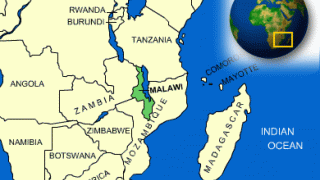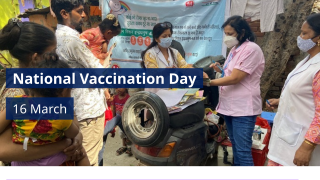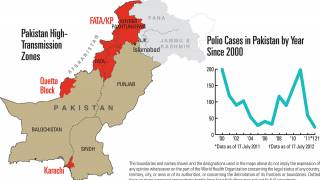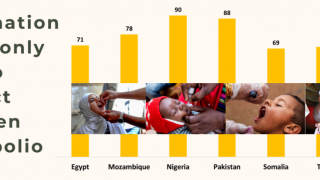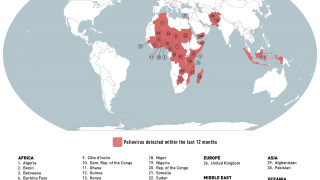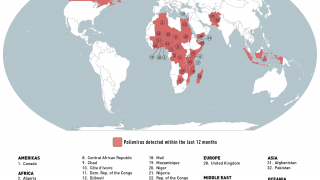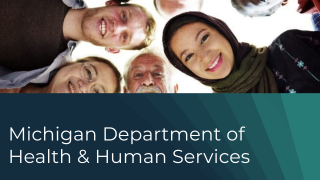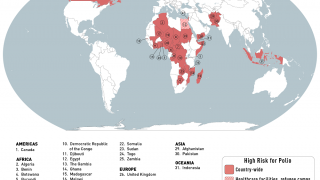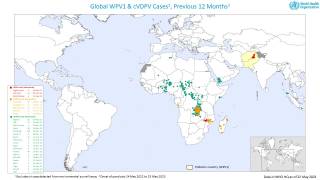Canadian Flyers Have Rights Too
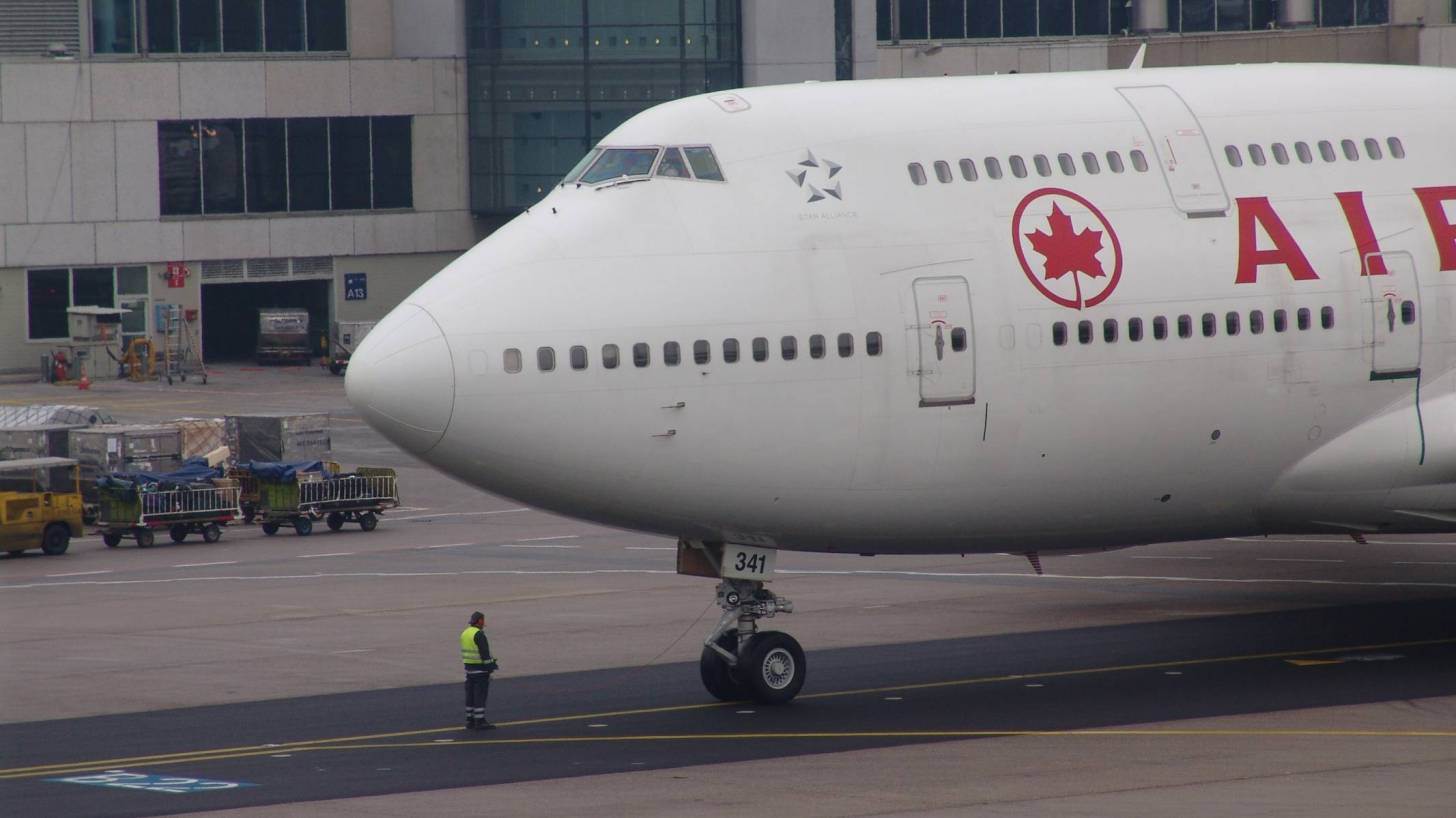
Protecting the rights of air passengers is a priority of the Government of Canada, and the Government will continue to ensure that travelers' rights are respected by airlines when travel does not go according to plan.
Canada's Minister of Transport, the Honorable Omar Alghabra, announced on April 24, 2023, that proposed amendments to the Canada Transportation Act had been introduced as part of the Budget Implementation Act.
These proposed amendments would strengthen Canada's passenger rights regime, streamline the processes for administering air travel complaints before the Canadian Transportation Agency, and increase air carriers' accountability.
Omar Alghabra stated in a press release, "It is clear that a stronger and simpler system is needed to increase air carriers' accountability and transparency, reduce the number of incidents referred to the Agency, and streamline the Agency's processes for addressing travel complaints."
In 2019, for the first time in Canadian history, an air passenger rights regime called the Air Passenger Protection Regulations (APPR) was implemented. In addition, the regulations clarified minimum requirements and compensation.
During the pandemic, the Government strengthened these rights to include refunds for cancellations and long delays in situations outside the airline's control, including major weather events or a pandemic.
These new proposed amendments to the Canada Transportation Act would, among other things, allow the Agency to modify its regulations to:
- make compensation mandatory for all disruptions unless minimal circumstances caused the disruption that regulations would specifically define;
- remove exemptions to air carriers' compensation obligations based on broad categories of disruptions (e.g., disruptions outside/within the control of airlines or required for safety);
- make standards of treatment, such as the provision of food and water, mandatory for all flight disruptions; and
- establish requirements for delayed baggage and prescribe parameters around refund requirements due to a travel advisory issued by the Government.
The amendments would also:
- replace the current process for resolving air travel complaints, which includes an adjudication process by Governor in Council-appointed members, with a more simplified process conducted primarily by Agency staff to ensure travelers make quicker decisions;
- impose a more significant burden of proof on air carriers where it is presumed that compensation is payable to a complainant unless the air carrier proves the contrary;
- require air carriers to establish an internal process for dealing with air travel claims;
- broaden the authority of the Agency to set fees to recover its costs; and
- enhance the Agency's enforcement powers concerning the air transportation sector by allowing the Agency to increase the maximum amount of Administrative Monetary Penalties applicable to the APPR for corporations and by providing the Agency with the authority to enter into compliance agreements with air carriers.
And following royal assent of the Budget Implementation Act, the Agency would have the authority to initiate the regulatory process to amend the APPR in consultation with the Minister of Transport.
As of September 30, 2023, or if it is later, as of the day on which the Budget Implementation Act receives royal assent, the Agency would begin to resolve complaints through the new complaint resolution process.
Together with the $75.9 million over three years previously announced for the Agency to help reduce the backlog of complaints, these measures would help ensure air passengers are treated reasonably if events like last 2022 and over the 2023 holiday season occur, and the carriers meet their obligations swiftly, wrote the Agency.
The Canadian Transportation Agency is an independent, quasi-judicial tribunal and regulator with the mandate to help ensure that the national transportation system runs efficiently, smoothly and is accessible in the interests of all Canadians.
Note: The U.S. CDC recently issued an Alert Level 2, Practice Enhanced Precautions, regarding poliovirus detections in wastewater systems in Canadian urban centers related to findings in New York.
Our Trust Standards: Medical Advisory Committee







